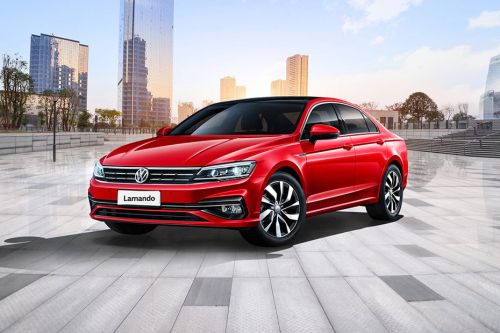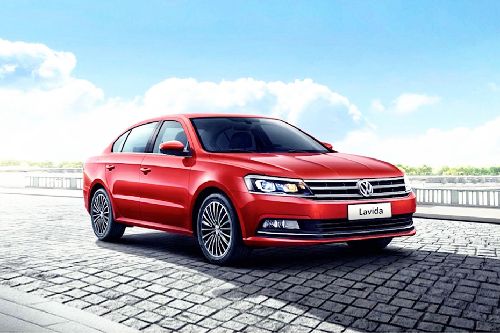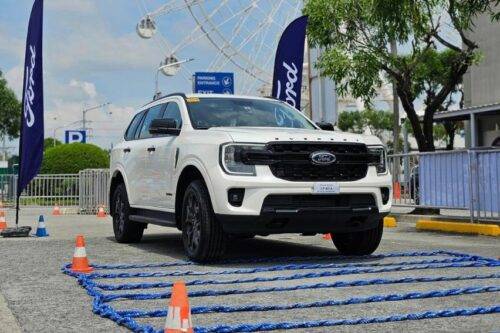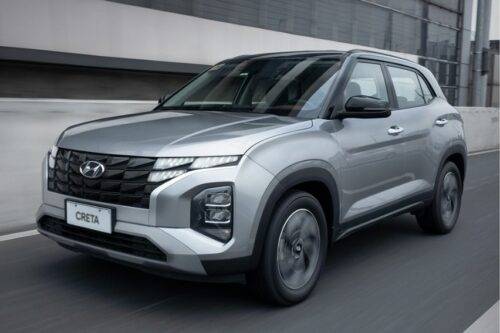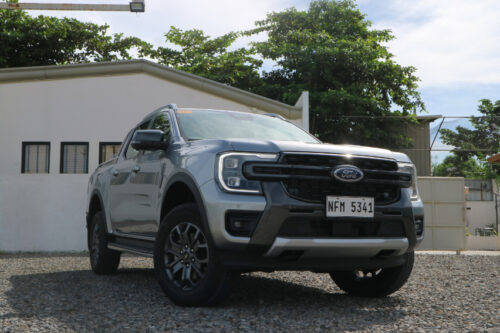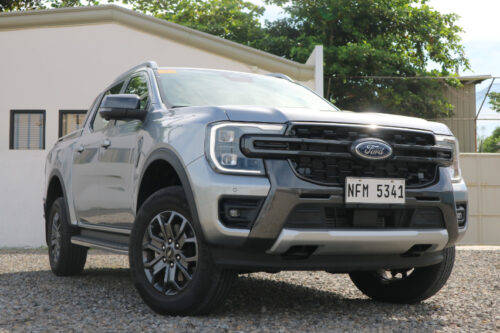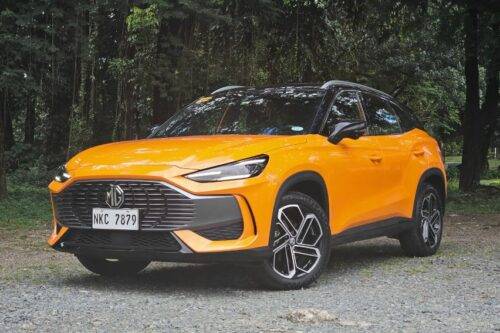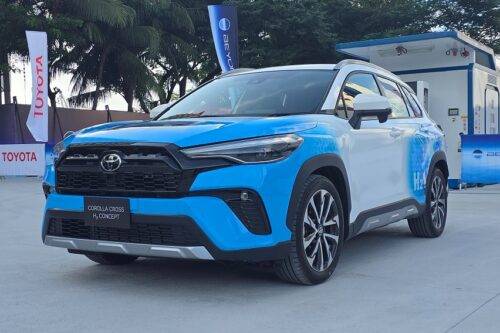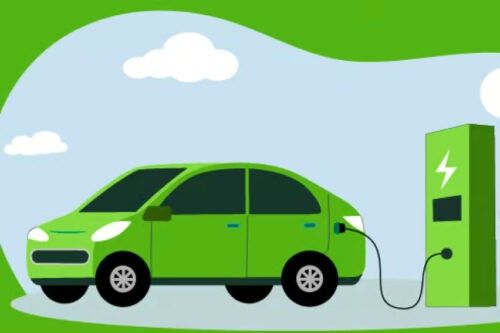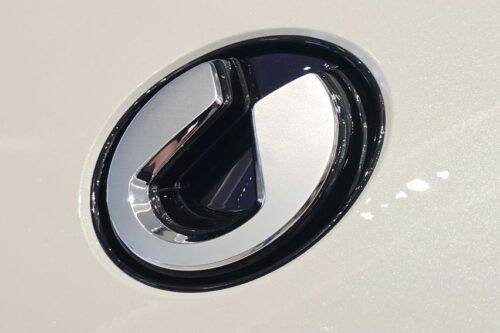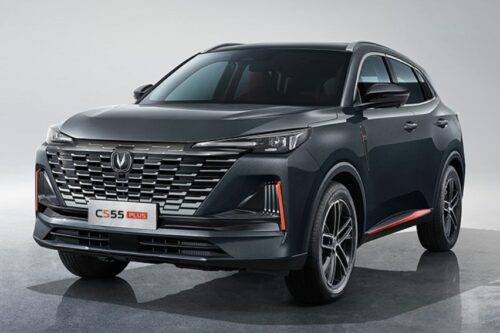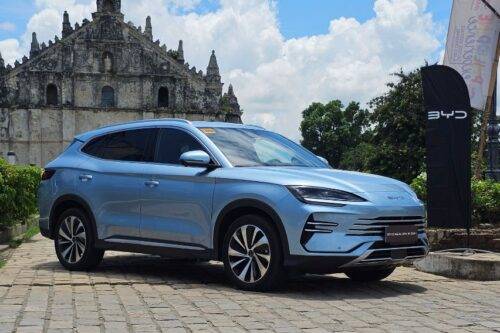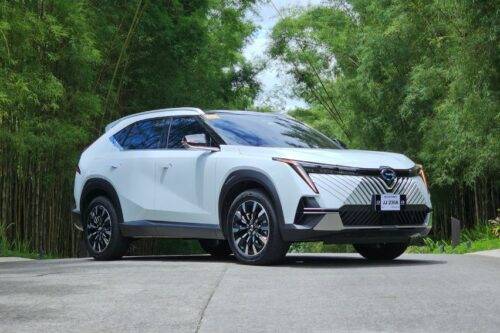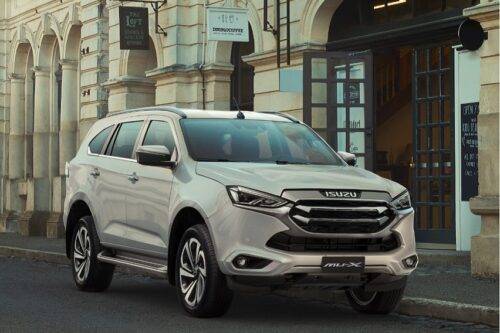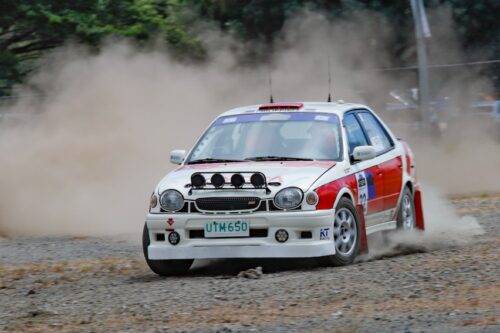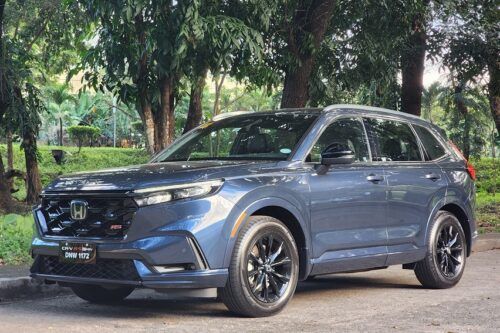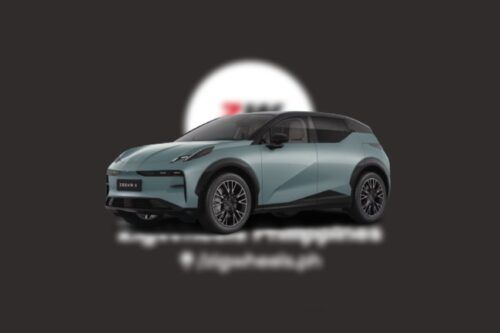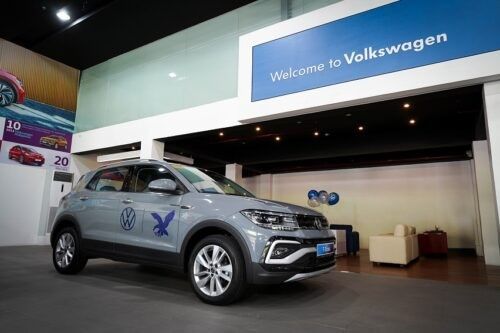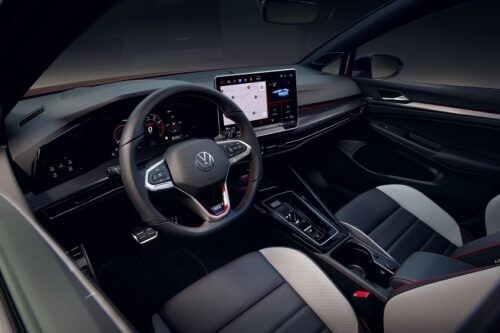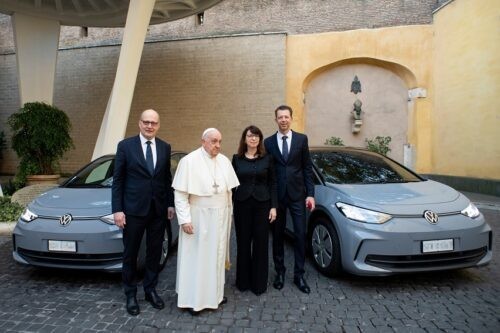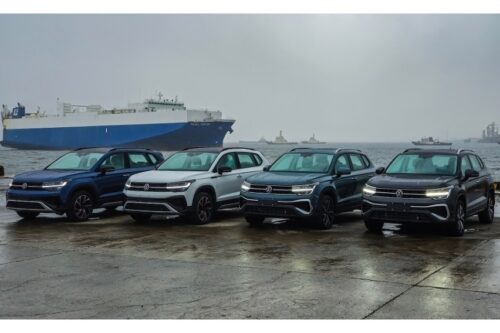Volkswagen Group Q1 numbers down due to pandemic

MANILA: The Volkswagen Group revealed the significant impact of the coronavirus (COVID-19) pandemic on its business after the first three months of 2020.
In terms of deliveries, there was a significant decrease by 23.0% as compared to the same period in 2019 to 2.0 (from 2.6) million vehicles. Sales revenue decreased by 8.3% from January to March to €55.1 (from €60.1) billion. In terms of operating profit for special items, it dropped dramatically by 81.4% to €0.9 (4.8) billion.
In 2019, special items due to the diesel crisis negatively impacted profit by €1.0 billion. Special items were non-existent during the first quarter of this year. The operating return on sales during the first quarter of the current year was 1.6% (6.4 or 8.1% before special items).
Aside from the decline in unit sales as a result of the decrease in capital markets, volatility in commodities, and customer demand led to the fair value calculation of product hedges to have a negative impact. It also contributed to the adverse effects on currency. Pre-tax earnings were down to €0.7 (from €4.1) billion.
During the first three months of the year, the Volkswagen Passenger Cars brand had total sales of 767,000 (from 910,000) vehicles, which is a drop of 16.0%. Sales revenue was €19 billion, a reduction of 11.9% compared to last year. Operating profit dipped to €481 (from €921) million. In this aspect, a decline in the mix, decreasing volumes due to the coronavirus pandemic, and cost increases failed to be compensated by more improved price positioning and lower sales incentives.
Unit sales in terms of the Audi brand dropped to 268,000 (from 305,000) vehicles worldwide. Sales revenue also went down to €12.5 (from €13.8) billion. Operating profit decreased significantly to €15 million (from €1.1 billion). The major financial figures for the Audi Brand are the Ducati and the Lamborghini. From January to March 2020, Ducati sold 10,171 (from 13,806) motorcycles while Lamborghini reached 2,253 (from 2,349) in vehicle sales.
For the Skoda brand, 237,000 vehicles were sold in the reporting period, which is 13.7% lower than last year. The sales revenue reached €4.8 (from €4.9) billion. At €307 million, the operating profit was lower by €103 million compared to the previous year. Positive mix effects were unable to compensate for the effect of emissions-related expenses, exchange rate trends, and the impact of lower volumes.
In terms of the Bentley brand, the unit sales were 3,302 (from 2,584) vehicles during the reporting period. There was a significant rise in sales revenue to €620 (from €456) million. Operating profit also rose to €56 (from €49) million because of volume and mix effects.
Porsche Automotive sold 56,000 vehicles globally from January to March 2020, which is 1.3% lower compared to the previous year. Sales revenue stood at €5.4 (€5.2) billion. Operating profit decreased to €529 (€829) million. The resulting figures can be attributed to lower vehicle sales, exchange rate effects, and cost increases. Nonetheless, mix effects had a favorable impact.
In terms of the Volkswagen Commercial Vehicles category, unit sales dropped to 99,000 (from 129,000) vehicles globally from January to March 2020. Sales revenue decreased by 18.9% to €2.7 billion. The decline in unit sales decreased the operating profit to €14 (from €291) million. Aside from lower volumes and CO2 incentive tax that is existing this year, higher development and fixed costs, more unfavorable exchange rate patterns also affected the earnings. Mix effects and product cost optimizations had positive effects.
According to one of the members of the group board of management for finance and IT, Frank Witter, the COVID-19 pandemic had a massive impact on the Volkswagen Group during the first quarter of 2020. They have done several countermeasures to reduce costs and guarantee liquidity. They also continue to position themselves strongly in terms of financial aspects. The step-by-step resumption of factories outside China has commenced. Still, the main priority is the health of suppliers and workers.
Witter also added that dealers have reopened in Germany since last week. They have taken the first steps in restarting the operations of the business. The Volkswagen Group is going through this global crisis with determination and focus.
Despite numerous countermeasures, the ratio of capex to sales revenue and the research and development (R&D) ratio in the Automotive Division is projected to be higher than the level in the previous year because of lower demand and declining sales revenues. Given the reduced demand of customers, more payouts concerning the cash outflows from acquisitions and mergers, and the diesel crisis, net cash flow for 2020 is projected to be lower than the amount in 2019.
Thus, the net liquidity of the Automotive Division would also be lower than the amount of the previous year. Because of income-related factors, they expect a return on investment (ROI) lower than that of the previous year. The Volkswagen Group, however, does not aim to attain its targeted minimum rate of ROI of 9%.
Toward the end of March 2020, the net liquidity in the Automotive Division ended at €17.8 billion. It reached €21.3 billion by the end of December 2019. The net cash flow of the Automotive Division decreased year-on-year by €4.5 billion to €2.5 billion.
During the first three months, R&D costs rose by 2.3% compared to the same period last year at €3.6 billion. The R&D ratio went up to 8.0% (from 6.9%) because of reduced sales revenue.
In the first four months of 2020, customers attained 1.9 million new insurance, service, leasing, and financing contracts with Volkswagen Financial Services (-1.4%). The total number of contracts by the end of the reporting period was at 21.6 million, which is 6.5% higher than the last part of 2019. Operating profit increased to €654 (€638) million from January to March 2020.
The Volkswagen Group anticipates customer deliveries in 2020 to be remarkably lower compared to the previous year because of the impact of the coronavirus pandemic. Various obstacles may also stem from the rising level of competition, more strict emissions-related standards, and volatile foreign exchange and product markets. The sales revenue of the Volkswagen Group is also projected to be considerably lower than the previous year due to the COVID-19 pandemic. Moreover, the Volkswagen Group anticipates the operating profit for 2020 to be significantly lower compared to the previous year, yet remains positive.
Photo from Volkswagen
Also read: Coronavirus to severely affect PH auto sales, says US credit rating agency
Sell your car at the best price
 Verified and genuine buyers
Verified and genuine buyers
Volkswagen Car Models
PIMS 2024
- Latest
- Popular
You might also be interested in
- News
- Featured Stories
- Popular
Latest Volkswagen Car Videos on Zigwheels

Volkswagen Car Articles From Carmudi
- journal



